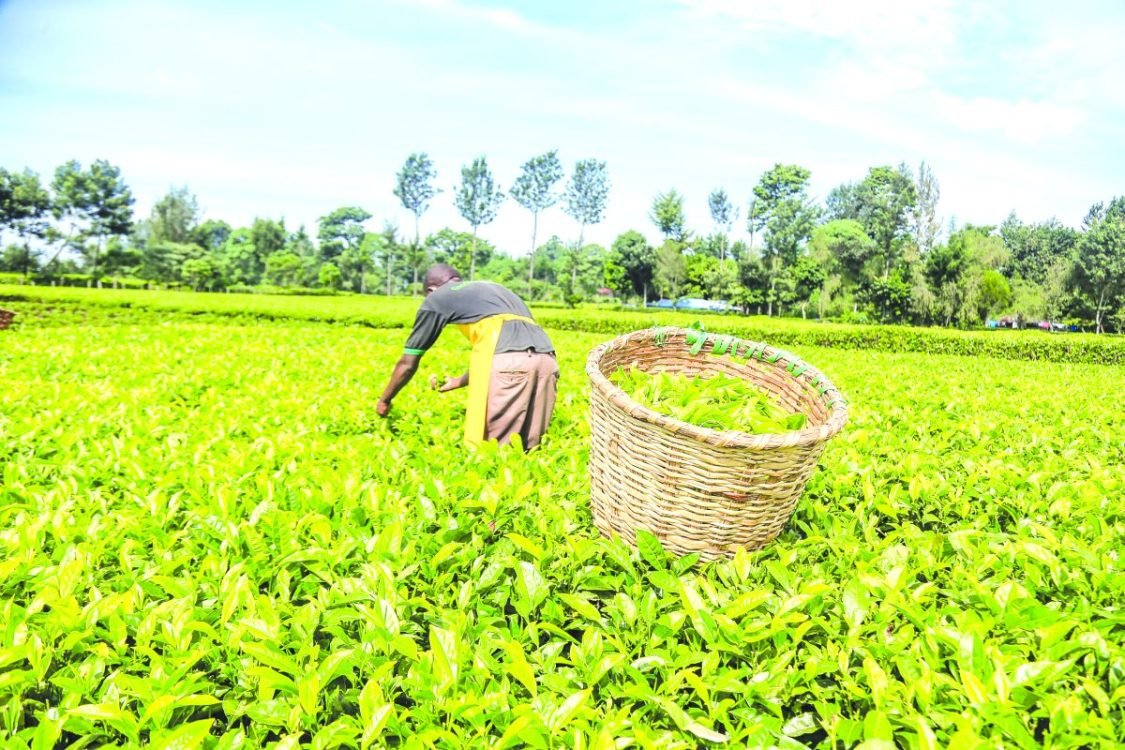Rescue tea sector from KTDA grip before it die
By Gathu Kaara, August 5, 2024It should come as no shock to economic analysts that Kenya has been unable to sell an accumulated 11.5 million kilos of tea worth Ksh32 billion since 2021.
That year, in a bid to cushion farmers from falling prices, officials set a minimum price of $2.43 for a kilo of processed tea. This move has ended up being very damaging.
Imposing a minimum price at the auction assumed that buyers “must” buy Kenya’s coffee at all costs. The decision has been proved to have been very poorly thought through.
The biggest problem with the smallholder tea sector in Kenya remains the Kenya Tea Development Agency superstructure that has a chokehold on the earnings of tea farmers.
The only solution is to break up KTDA, a political hot potato that neither the Executive nor Parliament dare to even countenance. KTDA is made up of eight companies – KTDA Management Services, KTDA Power, Greenland Fedha, Chai Trading Company, Majani Insurance Brokers, Tea Machinery and Engineering Company, and KTDA Foundation.
The tea sector has too many intermediaries. Brokers, fertiliser merchants, warehousing merchants, the tea auction, labourers, factories, shylocks, etc.
This entire ecosystem is kept alive by the stream of inexorably declining prices tea farmers earn for their produce. Everybody else is paid before the farmer, who is paid last using whatever dregs have remained.
KTDA is either unable or unwilling to make the drastic adjustments that are required to bring tea back to profitability for farmers. Global tea markets have shifted, while KTDA continues to run the smallholder tea sector in Kenya based on the same narratives that have prevailed for almost 60 years.
And because neither the Executive, nor KTDA, nor parliamentarians are willing to take the difficult decisions needed, they resort to Elastoplast solutions like the disastrous setting of minimum prices for tea at the auction.
The practices of the last 60 years must be done away with. Kenya’s economy is highly liberalised, yet the tea sector remains in the same monopolistic bind it has always been in.
Kenya’s tea market has barely changed it operations and products in a global market that has seen major upheavals in consumer preferences, tastes and attitudes towards food in general, and tea in particular.
The market is paying top dollar for value addition, almost nonexistent in the sector. If the tea sector does not drastically change its current model, it is doomed. This trajectory is the same as that which coffee farmers went through before most of them abandoned the crop altogether. The government has since been desperately trying to boost coffee production with little success. The Executive and Parliament must work together to save the listing tea sector.
The first step is to break up KTDA. Let each factory operate completely independently under an accountable board of directors and a chief executive officer who is competitively recruited and is accountable for results.
All KTDA companies should be sold and proceeds distributed to long-suffering farmers. The new dispensation should open the sector to competition from all players in the market. All purchases should be procured at the level of the individual factory. Factories can collaborate if they so wish.
The residual KTDA should be given a very clearly defined role of research, documentation and policy advice, and staffed by a lean corps of experts.
The huge crisis engendered by tea stocks stuck at the auction with no market should spur all players to the drastic action needed. Prime Cabinet Secretary Musalia Mudavadi has demanded a full accounting of the tea that is stuck at the auction. He must go further and bring together all players to discuss the future of the tea industry, a future in which farmers regain control of their crop, and all services are procured by the farmer competitively. The current arrangements have failed dismally!
— Gathu Kaara can be reached at
gathukara@gmail.com
